Mulch is a fantastic addition to any garden. It helps plants thrive and reduces weed growth.
Using mulch in your garden can greatly improve soil health and plant growth. Mulch acts as a protective layer on the soil, maintaining moisture and regulating temperature. It also suppresses weeds, which means less work for you. With various mulch types available, it’s essential to know which one suits your garden best.
In this post, you’ll learn how to use mulch effectively, ensuring your garden stays healthy and beautiful. Whether you’re a seasoned gardener or a beginner, understanding mulch can transform your gardening experience. Let’s dive into the details and make your garden flourish.
Benefits Of Mulching
Mulching helps soil stay healthy. It keeps the soil moist. It prevents soil erosion. Mulch adds nutrients to the soil. This helps plants grow strong. Mulch also reduces weed growth. Weeds steal nutrients from plants. Using mulch keeps soil temperature stable. This is good for plant roots.
Mulch helps save water. It reduces water evaporation. Less water is lost. This means you water your garden less. Water conservation is important. Mulch keeps the soil moist longer. Plants get the water they need. This helps them grow well. Mulching is a simple way to save water.
Types Of Mulch
Mulch types include organic options like bark and straw, and inorganic choices such as stones and plastic. Improve soil moisture and control weeds by spreading mulch around plants.
Organic Mulch
Organic mulch is made from natural materials. These include wood chips, straw, and leaves. They decompose over time. This improves soil quality. These types of mulch also help retain moisture. They keep the soil cool. They add nutrients as they break down. Many gardeners prefer organic mulch. It is eco-friendly and beneficial to plants.
Inorganic Mulch
Inorganic mulch is made from non-natural materials. These include gravel, plastic, and rubber. They do not decompose. This means they do not improve soil quality. Inorganic mulch is great for weed control. It also helps retain moisture. These types of mulch are durable. They last a long time. They are often used in decorative gardens. They offer a clean look without needing replacement.
Choosing The Right Mulch
Choose mulch based on your region’s climate. In hot areas, use organic mulch like bark or straw. These help keep the soil cool. In cooler regions, use plastic mulch. This mulch warms the soil. Different climates need different types of mulch for best results.
Consider what your plants need. Some plants prefer acidic soil. Use pine needles for these plants. Other plants need neutral soil. Use compost or shredded leaves. Always match the mulch to your plant’s needs. This ensures your plants grow well.
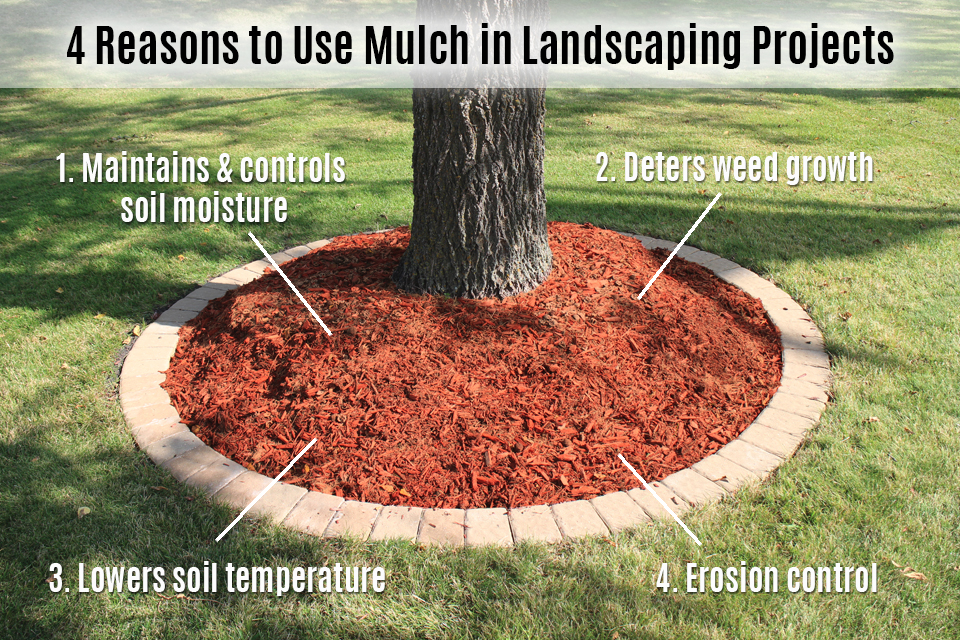
Credit: www.rotochopper.com
Preparing Your Garden
Start by removing all weeds from your garden. Use a hoe or hand pull them. Ensure no weeds are left. This helps to keep your garden healthy. Weeds can steal nutrients from your plants. They also make your garden look messy.
Loosen the soil with a garden fork. This helps roots grow easily. Add organic matter like compost. It improves soil health. Rake the soil to make it smooth. This prepares your garden for mulch. Healthy soil means healthy plants.
Applying Mulch
Mulch helps retain moisture and suppress weeds in your garden. Spread a 2-3 inch layer around plants, avoiding stems. Choose organic options like wood chips or straw for best results.
Correct Depth
Mulch should be 2-4 inches deep. This helps keep moisture in the soil. Too much mulch can cause problems. Pests and diseases may be attracted. Too little mulch will not work well. Check the depth often to ensure it stays right.
Avoiding Plant Stems
Keep mulch away from plant stems. At least 2 inches of space is good. Mulch touching stems can cause rot. It can also invite pests. Spread mulch evenly for best results.

Credit: www.cnps.org
Maintaining Mulch
Mulch keeps soil moist and stops weeds. Spread it around plants and trees. Add more each year for best results.
Regular Checks
Check your mulch every few weeks. Look for thinning or bare spots. Fix these spots right away. This helps keep weeds out. It also keeps the soil moist. Healthy mulch helps plants grow better. Check for pests too. Remove any unwanted bugs. This keeps your garden safe.
Replenishing Mulch
Add more mulch if it looks thin. Use the same type of mulch. This keeps your garden looking neat. Fresh mulch helps keep plants warm in winter. It also keeps soil cool in summer. Remember to spread it evenly. Keep the mulch about two to four inches deep. This is the best depth for most gardens.
Common Mulching Mistakes
Too much mulch can harm plants. Thick layers prevent water and air from reaching roots. This can cause root rot and fungus. A thin layer, about 2-3 inches, is ideal. Always check the depth before adding more.
Different plants need different mulches. Using the wrong type can stunt growth. Wood chips are good for trees and shrubs. Straw or hay work best for vegetables. Always choose the right mulch for your garden.
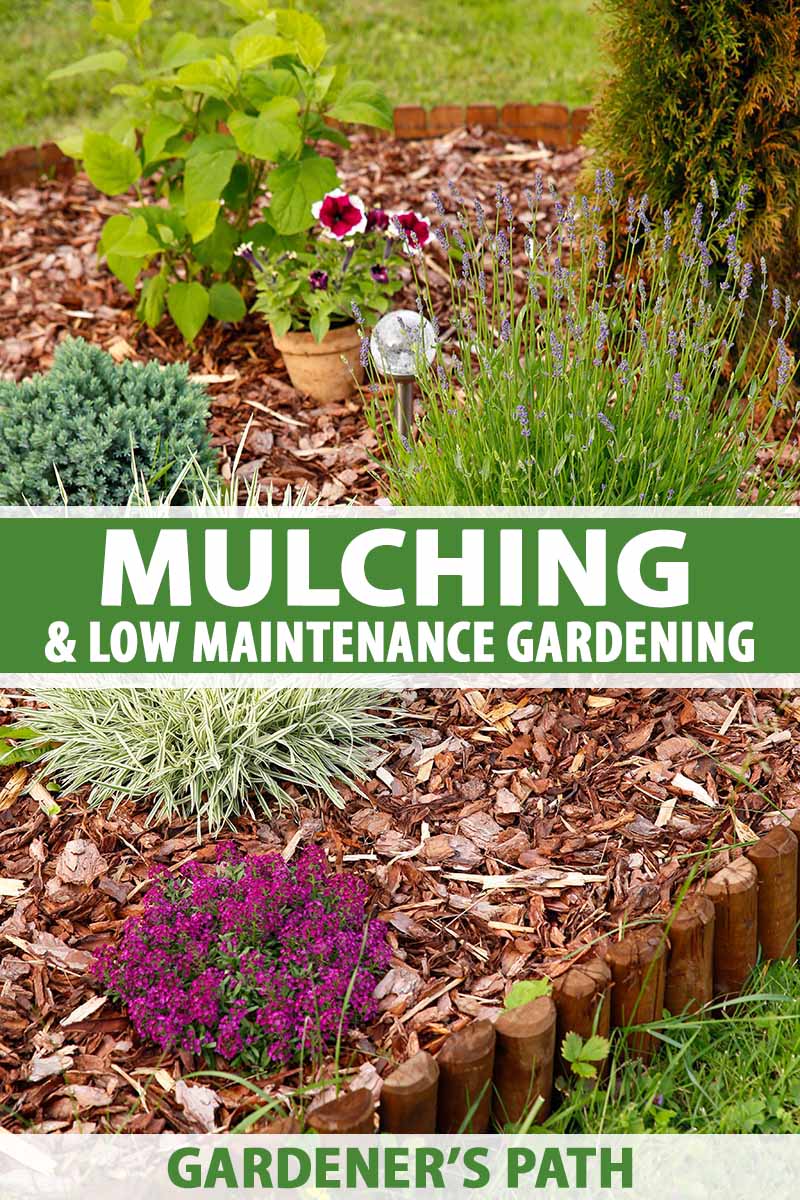
Credit: gardenerspath.com
Seasonal Mulching Tips
In spring and summer, mulch helps keep soil moist. It also prevents weeds. Use organic mulch like straw or leaves. Add a 2-3 inch layer. Keep mulch away from plant stems. This prevents rot. Mulch also keeps soil cool. This helps plants grow strong.
In fall and winter, mulch protects roots from cold. Use bark or wood chips. Add a thicker layer, around 4 inches. This insulates plants. Mulch also traps warmth in the soil. It helps plants survive frost. Remove some mulch in early spring. This helps new growth.
Frequently Asked Questions
What Is Mulch Used For In Gardening?
Mulch helps retain soil moisture, reduces weeds, and regulates soil temperature. It also adds nutrients to the soil.
How Often Should I Apply Mulch?
Apply mulch once a year, usually in spring or fall. Refresh as needed to maintain a 2-3 inch layer.
Which Type Of Mulch Is Best?
The best mulch depends on your needs. Organic mulches like wood chips are great for soil health. Inorganic mulches like stones are long-lasting.
Can Mulch Harm Plants?
Too much mulch can suffocate plants and cause rot. Keep mulch a few inches away from plant stems.
Conclusion
Using mulch in your garden has many benefits. It helps retain moisture. It controls weeds and improves soil health. Mulch also keeps plants healthy and vibrant. Choosing the right type of mulch is key. Organic mulch adds nutrients to the soil.
Inorganic mulch provides long-lasting coverage. Apply mulch properly for best results. Spread it evenly and avoid piling it against plant stems. With these tips, your garden will thrive. Happy gardening!

My mission is to help you bring the beauty of nature indoors with expert advice, detailed plant care guides, and creative design ideas.

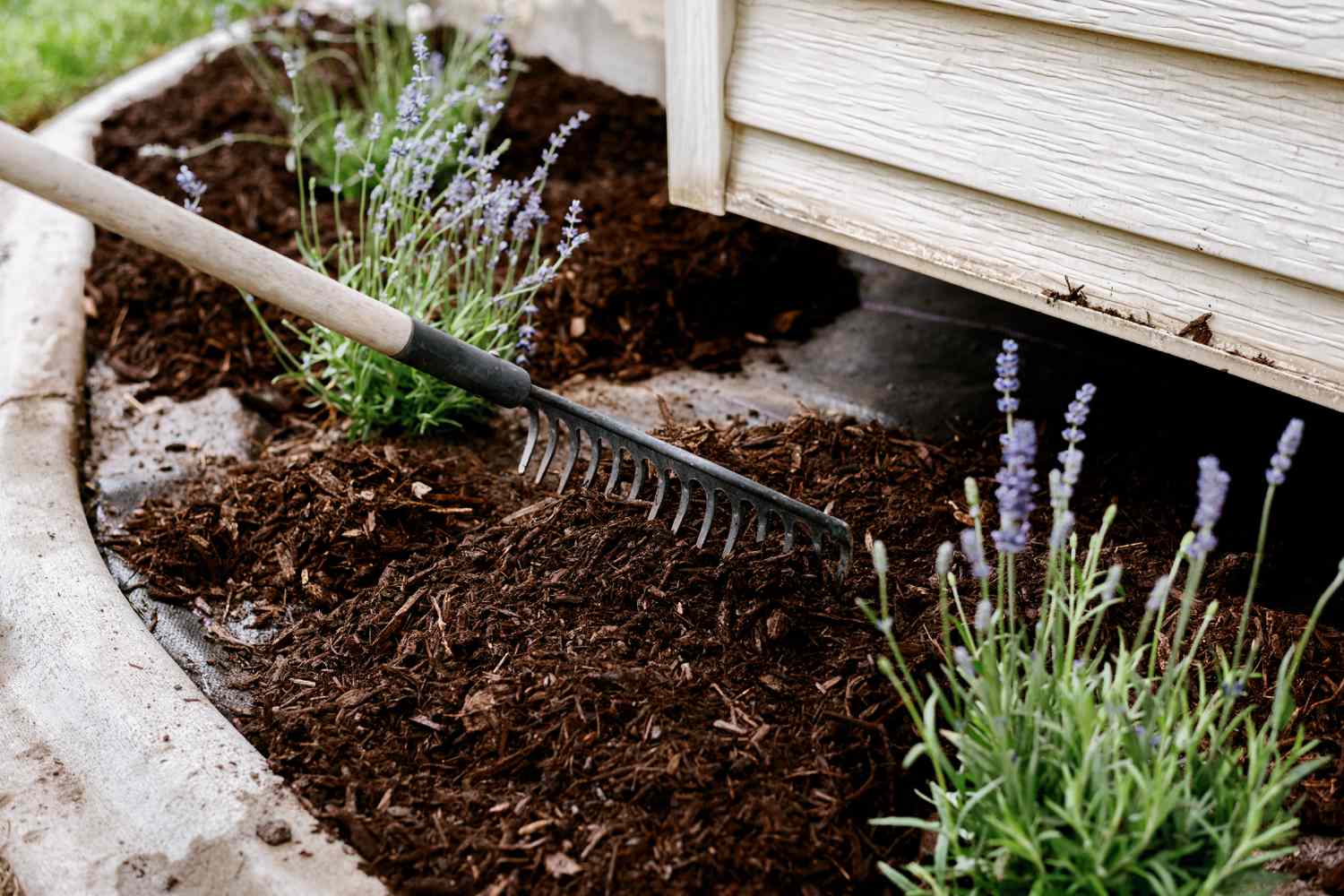
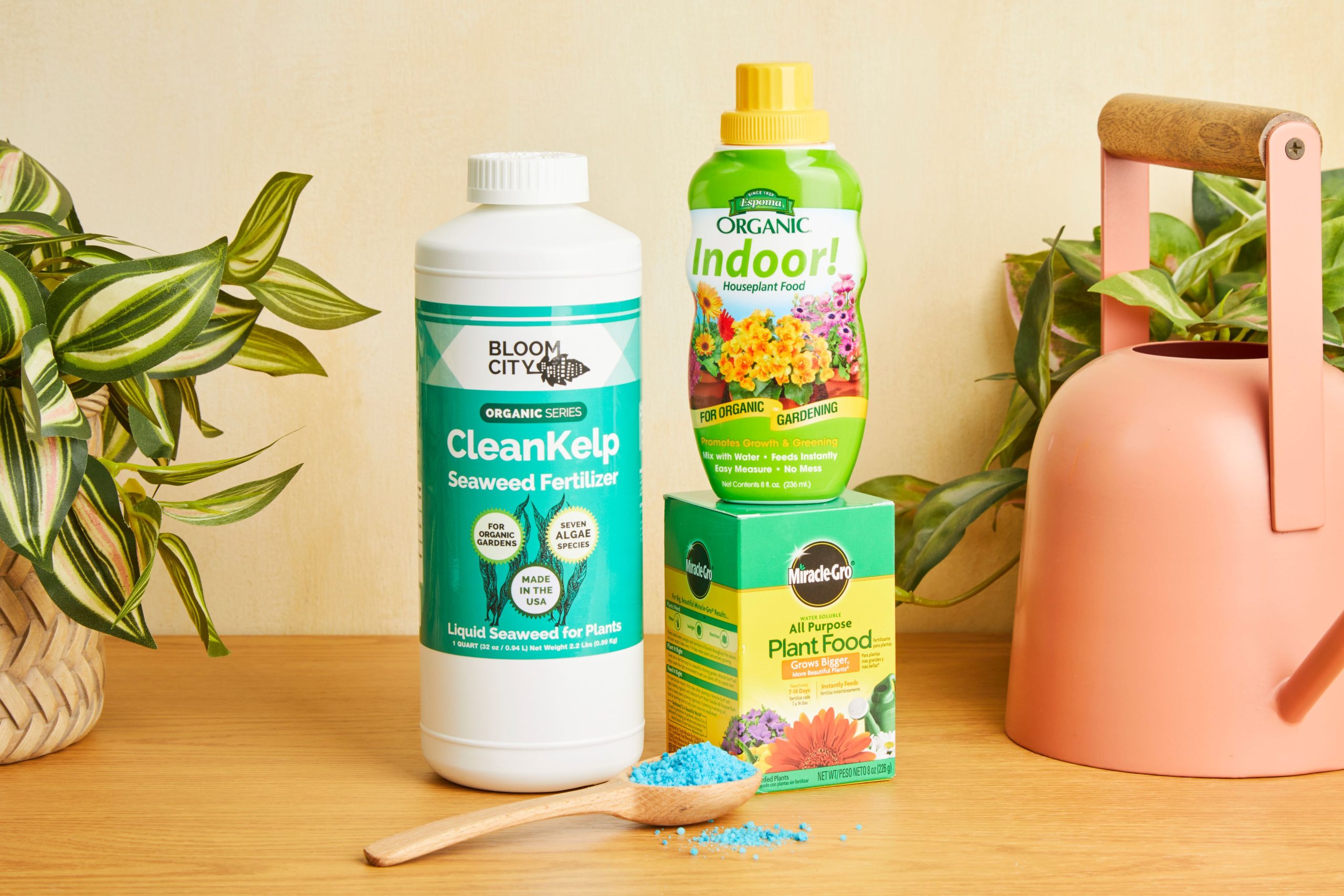

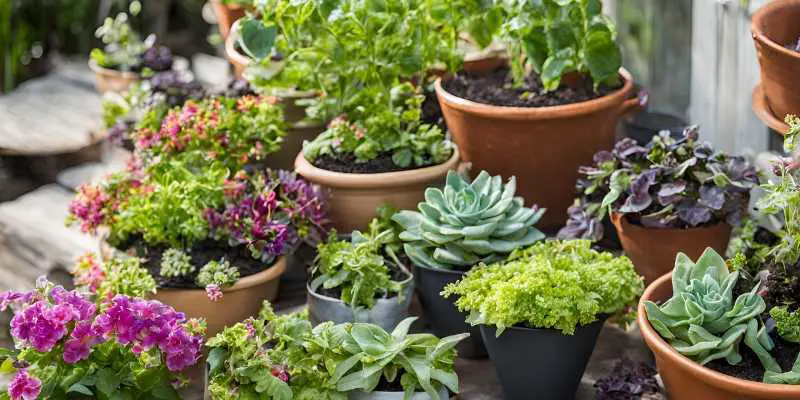
Leave a Reply